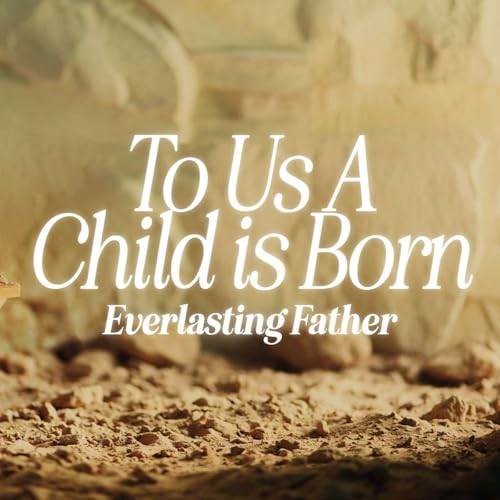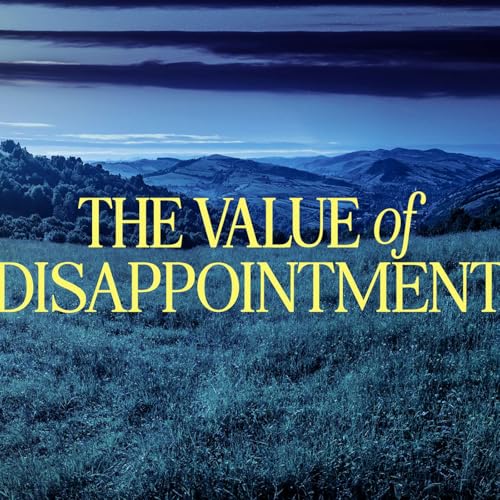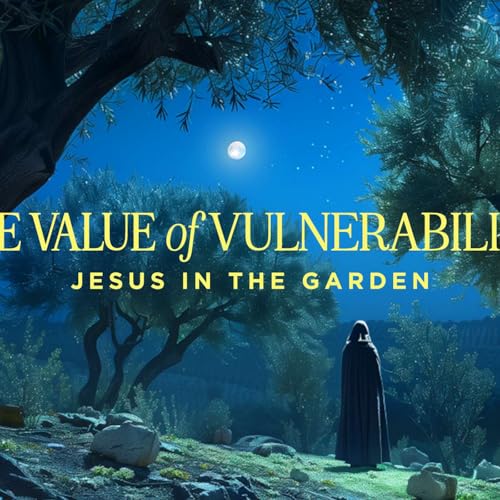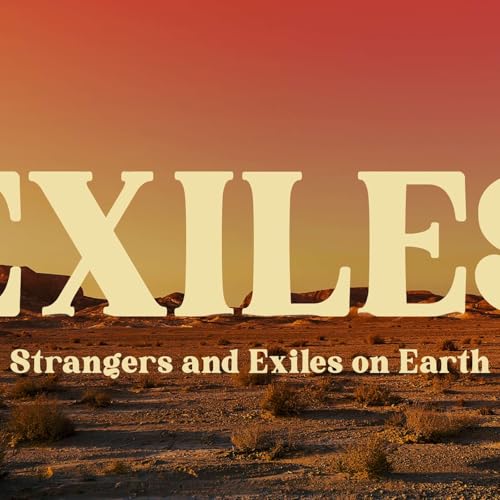Send us a text
Everlasting Father
Dr. Jessica Fernandez
December 14, 2025
For many, the word “father” brings up wounds of absence, pain, abandonment, or unmet expectations. But Isaiah 9:6 calls Jesus our Everlasting Father, the Father-hearted Savior who came to heal every place where earthly fathers fell short. Join us as we discover how the child in the manger displays the heart of a Father who is constant, compassionate, and eternally present.
DISSCUSION QUESTIONS
1. Take a moment to reflect on your own experience with the word father. How has your understanding — whether positive, painful, complicated, or absent — shaped the way you view God? In what ways has it helped you, and in what ways has it created barriers or misconceptions? Share how this message challenged, corrected, or deepened your perspective of God as your Everlasting Father.
2. Out of all the ways Jesus revealed the Father’s heart — His compassion, His mercy, His provision, His sacrifice, His desire to adopt you, or His protection — which one impacted you the most and why? Can you think of a time in your life when you personally experienced one of these aspects of God’s heart? What did it teach you about who He truly is?
3. In John 6, Jesus fed thousands with five loaves and two fish, showing that the Father provides abundantly and not sparingly. Where do you struggle to trust God’s provision in your own life? What “small loaves and fish” — your time, resources, abilities, or obedience — are you holding onto tightly? What might it look like this week to place those things into His hands and trust Him to multiply them?
4. The NICU illustration showed how fragility, instability, and weakness are met with a parent’s steady presence. In your life right now, where do you feel most fragile, overwhelmed, or under pressure? What would it look like to stop “trying harder” and instead “draw near” to the Everlasting Father? Where do you sense God inviting you to rest, to breathe, and to let Him hold what you cannot regulate on your own?
5. Scripture teaches that God didn’t just forgive you — He adopted you (Galatians 4, Ephesians 1). What does it mean to you personally that the Everlasting Father claims you as His child with full belonging and full access? How does this identity shift the way you approach prayer, insecurity, or daily life? And what step can you take this week to grow in intimacy with your Father?
 44 分
44 分 56 分
56 分 56 分
56 分 45 分
45 分 51 分
51 分 56 分
56 分 45 分
45 分 47 分
47 分
